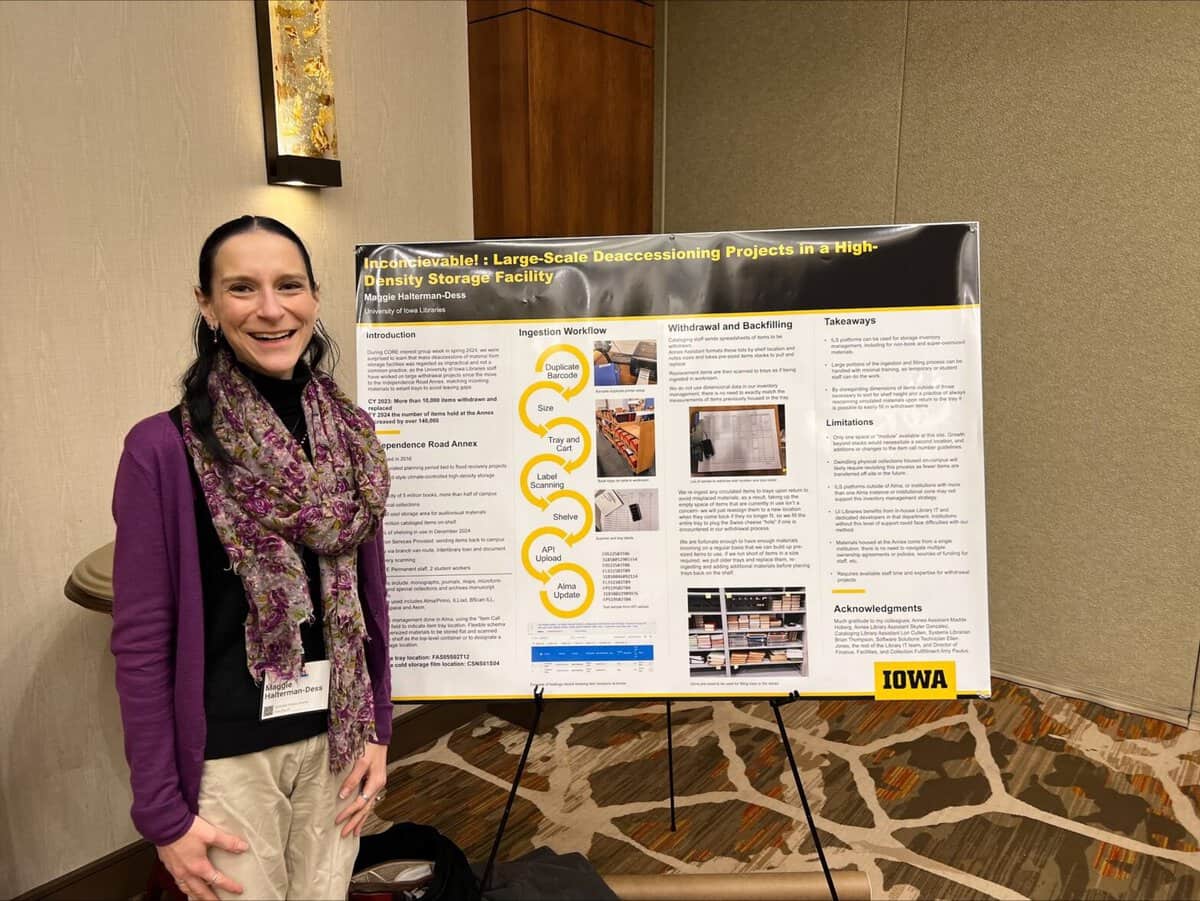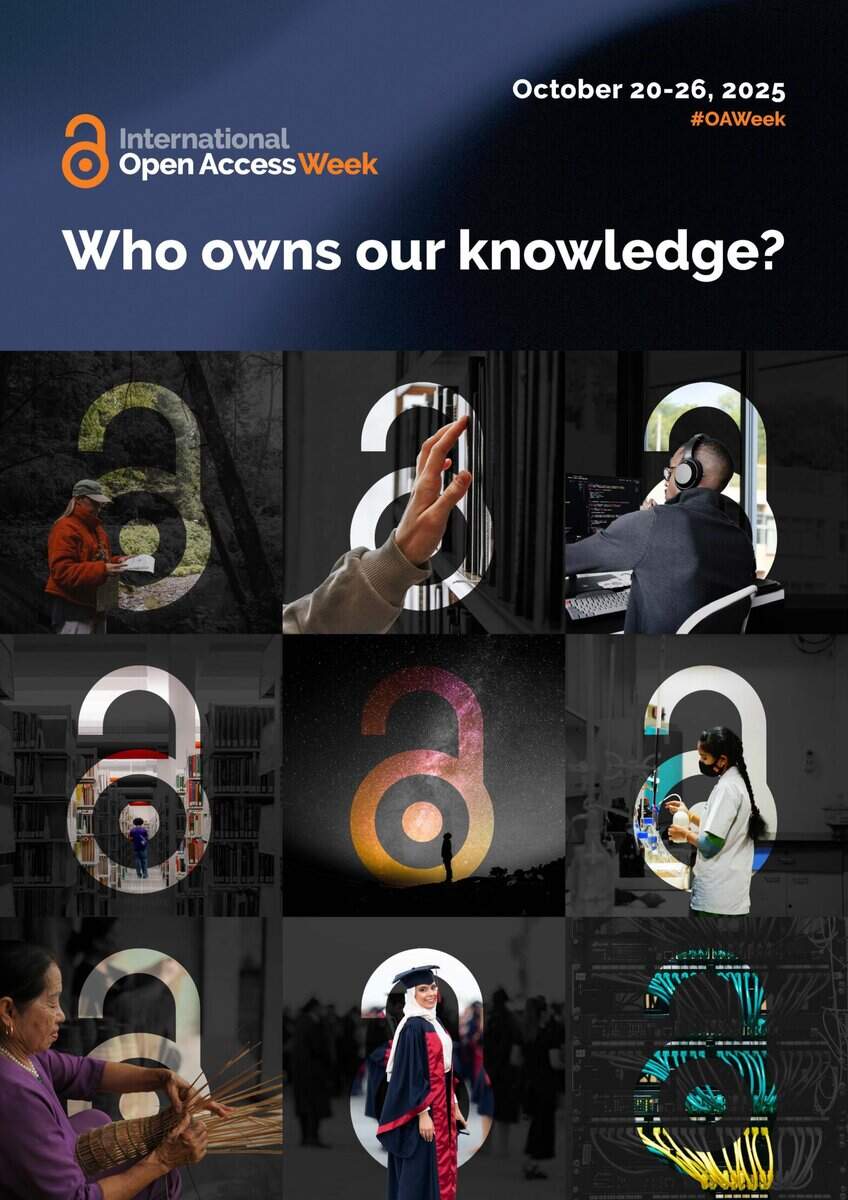The time for Love Data Week 2026 has come, with this year’s theme, “Where’s the Data?”, encouraging us to consider the journey that data undertakes from creation to application. Previously, we discussed how to implement good data management practices in your research. So, what next? Sharing your data and making it findable and discoverable toContinue reading “Love Data Week 2026: Data Discoverability”
Category Archives: Uncategorized
Love Data Week 2026: Keeping Track of Your Data
The time for Love Data Week 2026 has come, with this year’s theme, “Where’s the Data?”, encouraging us to consider the journey that data undertakes from creation to application. The first step in the journey of research data is its creation during the research process. At this stage, it’s important for you as researchers toContinue reading “Love Data Week 2026: Keeping Track of Your Data”
Love Data Week 2026: February 9-13
Love Data Week 2026 is upon us, and the Big Ten Academic Alliance (BTAA) is hosting a series of free virtual events to celebrate from Monday, Feb. 9, through Friday, Feb. 13. From hands-on workshops and expert panels to data visualization competitions and networking opportunities, Love Data Week offers students, faculty, staff, and researchers acrossContinue reading “Love Data Week 2026: February 9-13”
UI Libraries staff present at national conferences
We are proud to highlight University of Iowa Libraries staff work that impacts not only our campus but leading the way in information services and innovative collaborations across the country.
Here’s what entered the public domain in 2026
This year, we’re excited this includes the first four Nancy Drew novels, including works by ghost writer Mildred Wirt Benson whose materials are saved and available to the public through the Iowa Women’s Archives.
Share your feedback through the Main Library Experience Survey
Students, faculty, staff, alumni, and visitors are invited to complete a survey that will help make the library a more supportive and effective space for everyone’s learning, success, and holistic well-being.
A head-to-toe conservation treatment
As a student intern at the time in Conservation and Collections Care, I had the opportunity to do a complete treatment for this amazing anatomical flap book.
Open Access Week 2025
Celebrate International Open Access Week with the University of Iowa Libraries on Oct. 20–26. This year’s theme is “Who owns our knowledge?” and it focuses on the questions: Where has knowledge come from? How is knowledge created and shared? Whose voices are recognized and valued? Open Access Week is a time for open access professionalsContinue reading “Open Access Week 2025”
Nine featured books from the John Martin Rare Book Room
Explore nine of the latest additions to the John Martin Rare Book Room (JMRBR) collection.
Supplemental Instruction moves to Main Library
Most Supplemental Instruction (SI) sessions have moved from the Iowa Memorial Union (IMU) to a new location on the second floor of the Main Library. This space—the Academic Resource Center (LIB 2024)—will host the majority of SI sessions during the fall and spring semesters, with plans to transition to a permanent Main Library location inContinue reading “Supplemental Instruction moves to Main Library”








